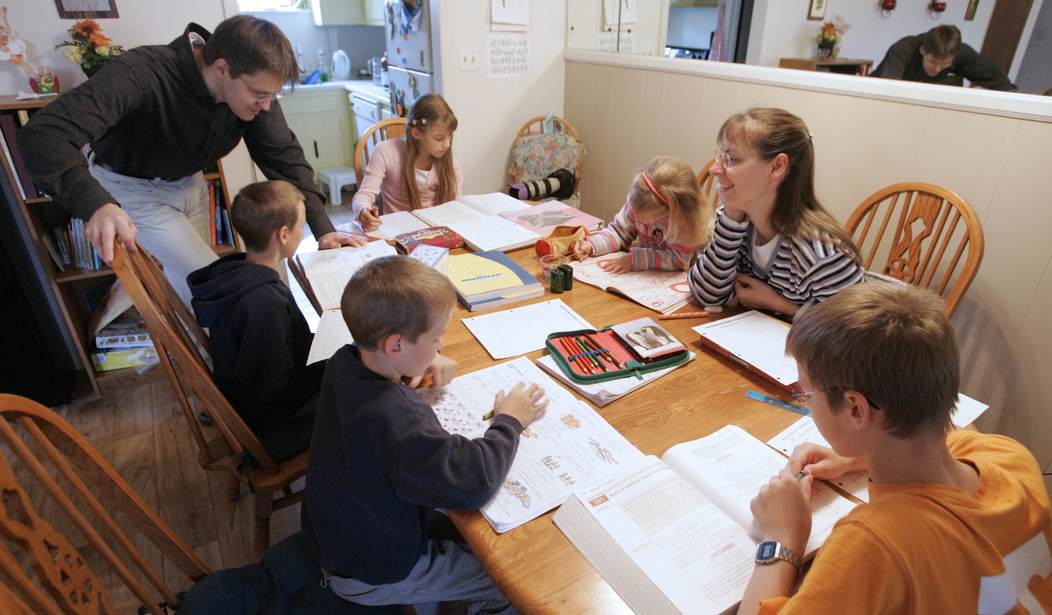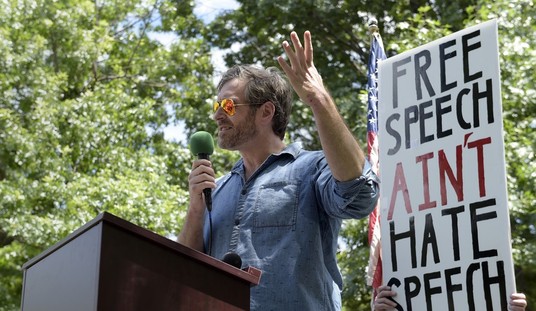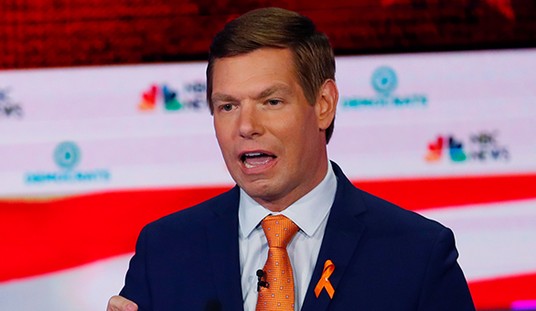When my oldest son was small, I made a choice: I wasn’t going to jump at every bump or scrape. Each one would be a teaching moment. He grew up knowing that pain was part of life, not the end of it. Years later, in the Marines, that toughness showed. He finished a grueling boot camp march on a dislocated hip without telling his gunny. Only at the end did they figure it out, and he got to ride back in the jeep while the others hiked the long way. That resilience started with childhood lessons: don’t crumble at every bruise.
Helicopter parenting is almost the opposite. It’s a style where parents hover constantly, rush in to fix every conflict, smooth every path, and shield their children from every discomfort. Born of smaller families, rising affluence, a culture of fear, and an obsession with “self-esteem,” it treats children not as future adults to be toughened, but as fragile glass to be protected at all costs.
The result has been predictable. Instead of strong young men and women, we’ve raised a generation that expects protection from every slight. Many grow up unable to handle disagreement without intervention. Words feel like wounds. Friction feels like danger. They are, in effect, the mirror opposite of my Marine son: not hardened by scrapes but weakened by the absence of them.
Once, children were armed with a rhyme: Sticks and stones may break my bones, but words will never hurt me. It was simple, but it taught resilience. Today that wisdom has been replaced with its opposite: the belief that words wound, that offense is injury, and that disagreement is violence. As a result, these children react violently or hyper-emotionally to every slight, every perceived insult. It’s like the old honor culture on steroids: where once a duel might be demanded over a true insult, now any careless word can spark outrage, protests, or even fists. Not every young person has been formed this way, but it doesn’t take everyone. It only takes a critical mass to shift the culture — and apparently, we’ve reached it.
So why did this happen? Cui bono — who profits? Fragile children who see words as wounds create a populace that is easy to control.
- The state gains citizens who demand censorship and surveillance in exchange for “safety.”
- Institutions like schools and corporations gain power as arbiters of what may and may not be said.
- Activists gain armies mobilized by outrage, ready to treat slogans as marching orders.
- Media gains endless fuel for clicks, selling fear and outrage as entertainment.
In short, fragility isn’t an accident — it serves the powerful.
The problem is compounded by where these fragile honor-cultures are forming: our universities. The very institutions that should be breeding the next generation of leaders are instead producing students who cannot handle disagreement without demanding silence, punishment, or revenge. They are being trained not for leadership, but for perpetual grievance.
The Way Out
How do we back out of this cul-de-sac? Not by doubling down on censorship, or by indulging fragility, but by re-teaching resilience. Children must once again learn that words are not wounds, that offense is not assault, and that strength comes from enduring, not collapsing. Families can start it — the way I did with my son, treating every bump as a lesson instead of a crisis. Schools and communities can reinforce it, insisting that free speech means disagreement, and disagreement is not danger. And we should move toward free-range children who are allowed to test their boundaries instead of criminalizing this form of parenthood, as an antidote to the damaging helicopter style.
Use the left's tools against it. Saul Alinsky had a saying: “Pick the target, freeze it, personalize it, and polarize it.” This was his advice for activists: choose an enemy, isolate them so they can’t hide in a crowd, make the fight about them personally, and divide the field so they can’t claim middle ground. Many of us did this over the weekend, identifying those who celebrated Charlie Kirk's death and ensuring they were made famous, at least to their employers. This seems to be pretty effective.
Also, outrage must be deflated. Outrage only works when we feed it — when we grant it the power to terrify or silence. The healthier way is to mock it, counter it, or ignore it. Offense withers when it is starved.
Moving forward, we need to ensure the next generation of children grow up resilient instead of fragile so that we can ensure our future as a culture.
Childhood as a Practice Hero’s Journey
Every child is meant to walk a kind of practice Hero’s Journey. The scraped knees, failed tests, playground fights, and hard conversations with teachers or friends are the “dragons” they face on a small scale. Each trial is a rehearsal for adulthood, where the stakes will be higher. Through those ordeals, they build resilience, courage, and the ability to recover from setbacks.
Helicopter parenting short-circuits that process. By rushing in to solve every problem and shield children from every danger, parents remove the very trials that shape strong adults. Without dragons, there is no journey. And without a journey, there is no hero.
If we want children to grow into self-sufficient adults, we need to restore those small, formative challenges:
- In Homes: Give children chores with real weight, let them fail without rescuing them, and allow risk in play — climbing trees, building forts, exploring without a constant parental shadow. Make mistakes fun. Treat each error, each accident, each misstep as a teaching moment and cushion the sting of being wrong with hugs and praise, to an age-appropriate degree.
- In Schools: Teach debate and rhetoric, require students to grapple with unfiltered reading, and enforce boundaries with clear consequences.
- In Institutions: Offer apprenticeship-style learning, encourage civic participation, and provide mentorship so kids see themselves as part of something larger.
Each of these creates a safe but real arena for kids to wrestle with the world and come out stronger. Childhood is meant to be training for adulthood — a practice Hero’s Journey. Deny that, and we raise not heroes but dependents.
This is the path back: resilience, clarity, and courage. If we rebuild those virtues, the next generation won’t be brittle glassware, ready to shatter at every word. They’ll be more like Marines — tough, steady, able to endure hardship, and ready to lead. And our great culture, built on the principle of free and open speech, will continue into the future, shaping our human history.
Editor’s Note: The Democrat Party has never been less popular as voters reject its agenda for our future.
Help us continue exposing Democrats' plans to lead America down a dangerous path. Join PJ Media VIP and use promo code FIGHT to get 60% off your membership.









Join the conversation as a VIP Member